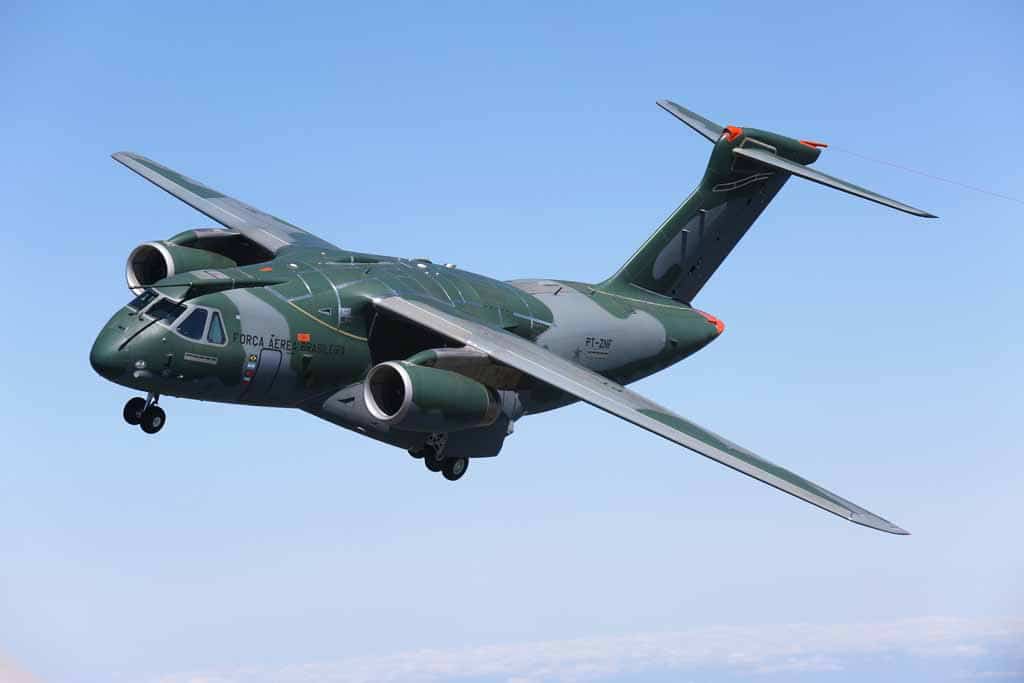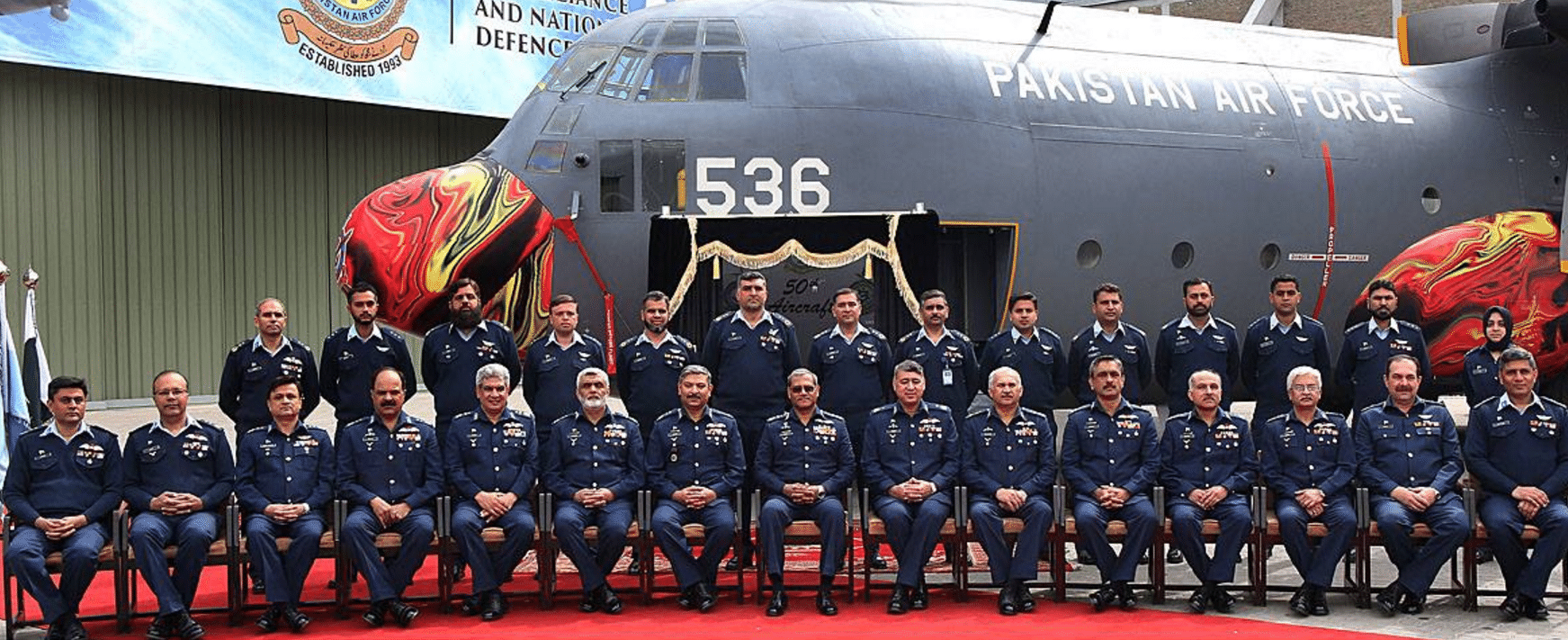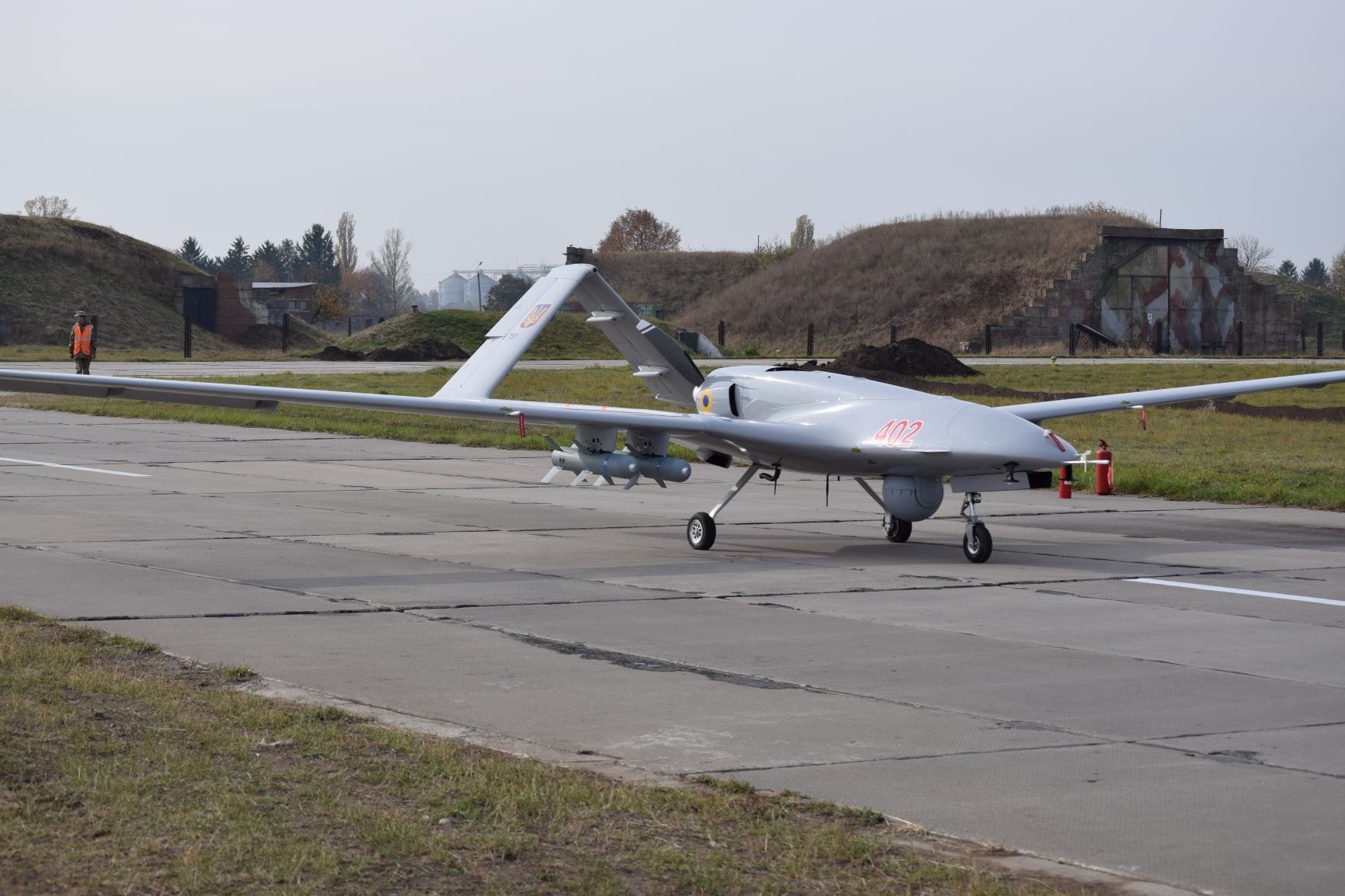37Views 4Comments

Portugal reportedly in talks with Embraer for KC-390 transport aircraft
The Portuguese government has entered negotiations with the Brazilian aircraft manufacturer Embraer for the purchase of five KC-390 multi-role tanker and transport aircraft.
The negotiations were authorized by Portugal’s Council of Ministers, which outlined a requirement for five new transport aircraft along with an option for one more. Portugal is also seeking a flight simulator.
Specifics, such as the configuration and pricing, will be determined in the duration of the talks, which are expected to take place over the next three months. It appears that a portion of co-production work will also be contracted to Portugal, namely to Embraer’s subsidiary OGMA.
Portugal is planning to replace its six Lockheed Martin C-130H Hercules with the KC-390. Embraer believes it has an addressable legacy transport aircraft market (of C-130B/E/H and Antonov An-12 users) of 700-plus aircraft among military and civilian users. It is competing with Lockheed Martin’s LM-100J platform.
Upon successfully passing its development milestones (e.g. in-flight refueling tests), Embraer has begun working to convert tentative KC-390 customers into firm buyers. Sales to Argentina, Chile, Czech Republic and Portugal would add 32 aircraft to the 28 planned by Brazil, providing the KC-390 valuable launch scale.
The LM-100J – because of the userbase established by the C-130J Super Hercules – has scale to help manage its flyaway and long-term lifecycle costs. Lockheed Martin is also emphasizing the C-130 Hercules platform’s longstanding reputation for reliability and performance to draw legacy C-130 customers to the C-130J or LM-100J.
However, Embraer is working to offset the KC-390’s challenges in two key respects: First, the KC-390 uses commercially-off-the-shelf systems. This is evident in the fact that it sues the same powerplant as the ubiquitous Airbus A320, i.e. International Aero Engines (IAE) V2500-A5, providing it with operating costs that are potentially at-par with commercial airliners. Second, Brazil is offering a line-of-credit of up to 25 years for defence exports, which may entice cost-sensitive buyers.


